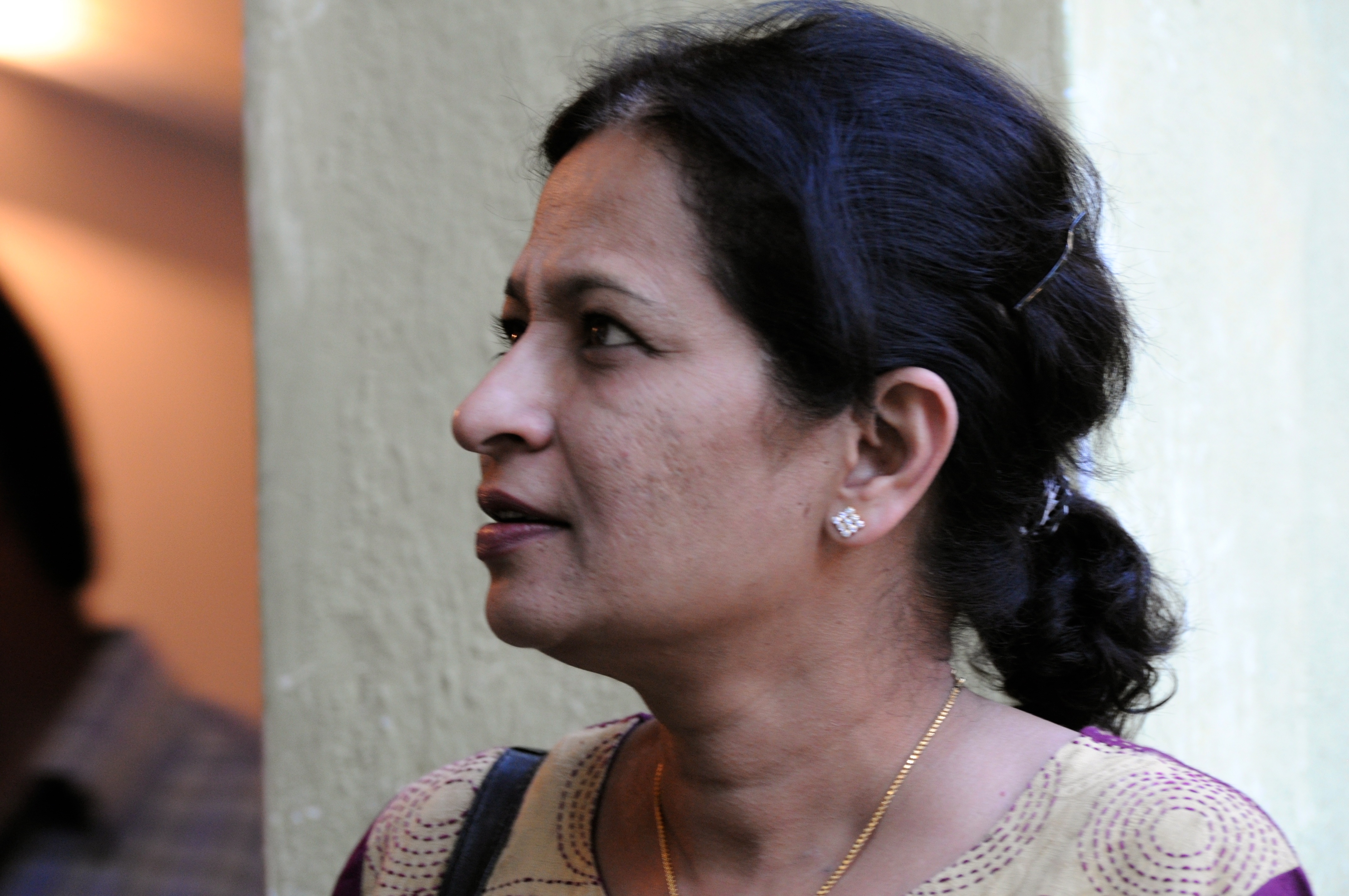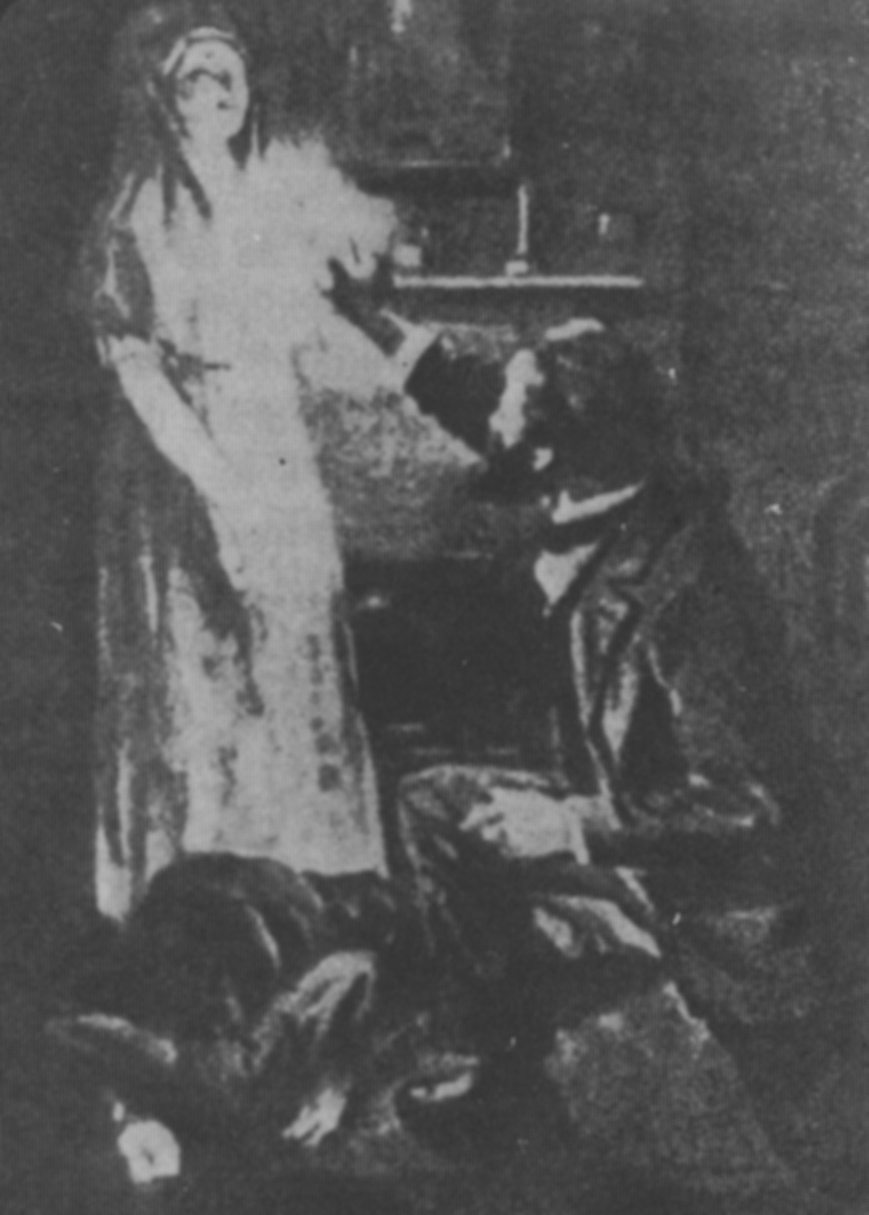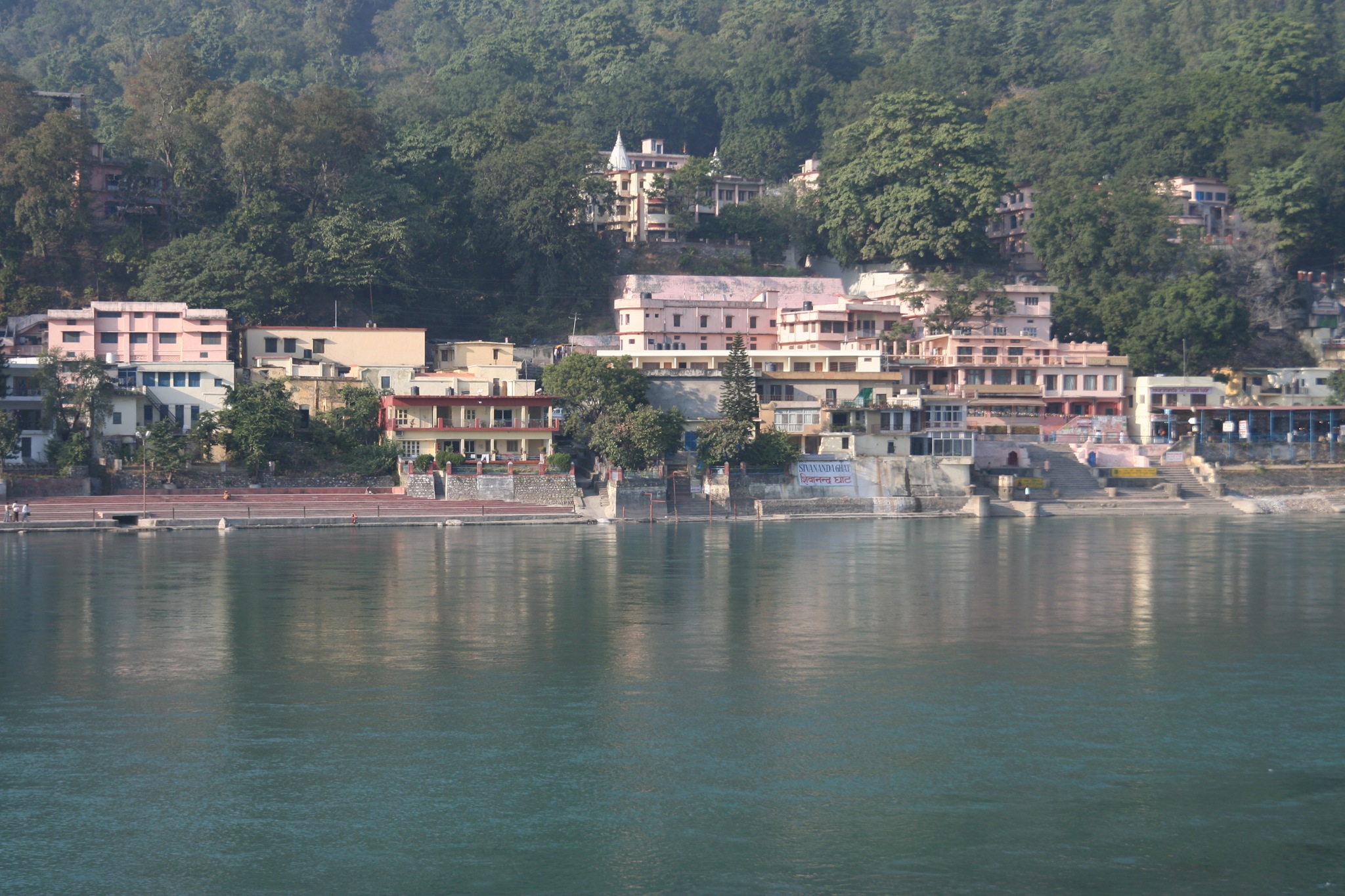|
Premanand
Basava Premanand (17 February 1930 – 4 October 2009) was an Indian skeptic and rationalist from Kerala, India. He organised many tours around rural India for the promotion of scientific thinking, exposing alleged miracles and scams carried out by various charlatans and godmen while spreading awareness of dangerous superstitions. Premanand was the founder of the Federation of Indian Rationalist Associations, the convener of Indian CSICOP, and the owner-publisher-editor of the monthly magazine ''The Indian Skeptic'', which investigates paranormal claims in India. Early life In the 1940s, Premanand quit school to take part in the Quit India Movement. With that his traditional schooling ended. His next seven years were spent in the newly started Sri-Steila Gurukula, where the Shantiniketan-Wardha brand of education was imparted. He was strongly influenced by Helena Blavatsky in his early years and in 1976 met the Sri Lankan skeptic Abraham Kovoor during his Miracle Exposure le ... [...More Info...] [...Related Items...] OR: [Wikipedia] [Google] [Baidu] |
Federation Of Indian Rationalist Associations
The Federation of Indian Rationalist Associations (FIRA) is an umbrella body of 83 (as of 2012) rationalist, atheist, skeptic, secularist and scientist organisations in India. As an apex body of rationalist organisations, it is committed to the development of scientific temper and humanism in India, involved in promoting tolerance, critical thinking, women's rights, secularization, and freedom of expression, and fighting against the caste system and violence (especially towards Dalit population), superstition, pseudoscience, and child marriage. History The Federation of Indian Rationalist Associations was launched on 7 February 1997 following the 10th Kerala State Conference of Kerala Yukthivadi Sangham. The stated purpose of the organization is to coordinate the activities of the member organizations at the national level. Basava Premanand is the founder of the FIRA who died on 4 October 2009. Shortly before his death, Premanand put out a statement declaring his commi ... [...More Info...] [...Related Items...] OR: [Wikipedia] [Google] [Baidu] |
Sathya Sai Baba
Sathya Sai Baba (born Ratnakaram Sathyanarayana Raju; 23 November 192624 April 2011) was an Indian guru. At the age of fourteen he claimed that he was the reincarnation of Shirdi Sai Baba, and left his home to serve his devotees. Sai Baba's believers credited him with miracles such as materialisations of ''vibhuti'' (holy ash) and other small objects such as rings, necklaces and watches, along with reports of miraculous healings, resurrections, clairvoyance, bilocation and was allegedly omnipotent and omniscient. Multiple studies have concluded that his acts were based on sleight of hand or had other explanations that were not supernatural, although his devotees believe them to be signs of his divinity.Palmer, Norris W. "Baba's World". In: In 1972, Sathya Sai Baba founded the Sri Sathya Sai Central Trust. "to enable its members to undertake service activities as a means to spiritual advancement". Through this organisation, Sathya Sai Baba established a network of free su ... [...More Info...] [...Related Items...] OR: [Wikipedia] [Google] [Baidu] |
Materialization (parapsychology)
In spiritualism, paranormal literature and some religions, materialization (or manifestation) is the creation or appearance of matter from unknown sources. The existence of materialization has not been confirmed by laboratory experiments. Numerous cases of fraudulent materialization demonstrations by mediums have been exposed. History In the early 20th century a series of exposures of fraudulent activity led to a decline of materialization séances. The poet Robert Browning and his wife Elizabeth attended a séance on 23, July 1855 in Ealing with the Rymers. During the séance a spirit face materialized which Home claimed was the son of Browning who had died in infancy. Browning seized the "materialization" and discovered it to be the bare foot of Home. To make the deception worse, Browning had never lost a son in infancy. Browning's son Robert in a letter to ''The Times'', December 5, 1902 referred to the incident "Home was detected in a vulgar fraud." The British materializati ... [...More Info...] [...Related Items...] OR: [Wikipedia] [Google] [Baidu] |
Abraham Kovoor
Abraham Thomas Kovoor (10 April 1898 – 18 September 1978) was an Indian professor and rationalist who gained prominence after retirement for his campaign to expose as frauds various Indian and Sri Lankan "god-men" and so-called paranormal phenomena. His direct, trenchant criticism of spiritual frauds and organized religions was enthusiastically received by audiences, initiating a new dynamism in the Rationalist movement, especially in Sri Lanka and India. Early life and career Abraham Kovoor was born in a Saint Thomas Christian family at Thiruvalla, Kerala. Kovoor was the son of Rev. & Mrs. Kovoor Iype Thoma Kathanar (Kovoor Achen), Vicar General of the Mar Thoma Syrian Church of Malabar. After working briefly as a lecturer in botany at C.M.S.College in Kerala, Kovoor arrived in Ceylon in February 1928. Before his arrival in Ceylon, Kovoor married Kunjamma, daughter of a judge. The couple had a son, Aries. Kovoor's first assignment in Ceylon was teaching botany at Jaffna ... [...More Info...] [...Related Items...] OR: [Wikipedia] [Google] [Baidu] |
Miracle
A miracle is an event that is inexplicable by natural or scientific lawsOne dictionary define"Miracle"as: "A surprising and welcome event that is not explicable by natural or scientific laws and is therefore considered to be the work of a divine agency." and accordingly gets attributed to some supernatural or praeternatural cause. Various religions often attribute a phenomenon characterized as miraculous to the actions of a supernatural being, (especially) a deity, a magician, a miracle worker, a saint, or a religious leader. Informally, English-speakers often use the word ''miracle'' to characterise any beneficial event that is statistically unlikely but not contrary to the laws of nature, such as surviving a natural disaster, or simply a "wonderful" occurrence, regardless of likelihood (e.g. "the miracle of childbirth"). Some coincidences may be seen as miracles. A true miracle would, by definition, be a non-natural phenomenon, leading many writers to dismiss miracles as p ... [...More Info...] [...Related Items...] OR: [Wikipedia] [Google] [Baidu] |
Indian CSICOP
Indian CSICOP is a well-known rationalist group based at Podanur, Tamil Nadu, India. Founded by Basava Premanand (1930–2009). Indian CSICOP is in the forefront of the rationalist campaigns in India which attempt to expose perceived miracles and to eradicate superstitions. Indian CSICOP is an affiliate of the US-based skeptical group CSICOP and it publishes ''Indian Skeptic'', a rationalist periodical. It is also affiliated to the Federation of Indian Rationalist Associations, which is an apex body of about 65 rationalist, atheist and organizations aimed at popularization of science among laypersons. It is an associate member of International Humanist and Ethical Union based in London. One of the main targets of criticism by the ''Indian Skeptic'' are the miracles and magic of the guru Sathya Sai Baba.Alexandra Kent, ''Divinity and Diversity: a Hindu revitalization movement in Malaysia'', page 53: "The Indian Skeptic publishes letters and articles and distributes films design ... [...More Info...] [...Related Items...] OR: [Wikipedia] [Google] [Baidu] |
Puttaparthi
Puttaparthi (IAST: ''Puṭṭaparthy'') is a municipality and district headquarters of Sri Sathya Sai district of the Indian state of Andhra Pradesh. It is located in Puttaparthi mandal of Puttaparthi revenue division. The original name of Puttaparthi was Gollapalli. The town is located on the banks of Chitravathi River which is a tributary of Penna River, and is surrounded by undulating hills. It is widely known for the birthplace of the Indian spiritual leader and guru Sathya Sai Baba and his ashram, Prasanthi Nilayam. Etymology Puttaparthi means "village of anthills." A local legend says that a cobra snake cursed the village after being hit by a cowherder, which caused the proliferation of anthills in this area. Demographics The official language in Puttaparthi is Telugu. Other common languages spoken in Puttaparthi are Hindi, Kannada, and English. Various national and international languages are understood and spoken due to the presence of national and internationa ... [...More Info...] [...Related Items...] OR: [Wikipedia] [Google] [Baidu] |
Godman (Hindu Ascetic)
Godman is a colloquial unisex term used in India for a type of charismatic guru that is often raised to a demigod-like figure by their cult following. They usually have a high-profile presence, and are capable of attracting attention and support from large sections of the society.Mehta, Uday (1993), Modern Godmen in India: A Sociological Appraisal, Mumbai: Popular Prakashan, . Godmen also sometimes claim to possess paranormal powers, such as the ability to heal, the ability to see or influence future events, and the ability to read minds. Overview Godmen are revered as special human beings and often worshipped by their followers. Some godmen come from established schools of spirituality, but often they don't belong to any religious order. In recent years, many godmen have gained followers outside of India, which has increased their fame and wealth. Sathya Sai Baba (1926–2011) was a notable godman with a very large following. He was known for alleged miracles like materia ... [...More Info...] [...Related Items...] OR: [Wikipedia] [Google] [Baidu] |
Paranormal
Paranormal events are purported phenomena described in popular culture, folk, and other non-scientific bodies of knowledge, whose existence within these contexts is described as being beyond the scope of normal scientific understanding. Notable paranormal beliefs include those that pertain to extrasensory perception (for example, telepathy), spiritualism and the pseudosciences of ghost hunting, cryptozoology, and ufology. Proposals regarding the paranormal are different from scientific hypotheses or speculations extrapolated from scientific evidence because scientific ideas are grounded in empirical observations and experimental data gained through the scientific method. In contrast, those who argue for the existence of the paranormal explicitly do not base their arguments on empirical evidence but rather on anecdote, testimony, and suspicion. The standard scientific models give the explanation that what appears to be paranormal phenomena is usually a misinterpretation, mi ... [...More Info...] [...Related Items...] OR: [Wikipedia] [Google] [Baidu] |
Kozhikode
Kozhikode (), also known in English as Calicut, is a city along the Malabar Coast in the state of Kerala in India. It has a corporation limit population of 609,224 and a metropolitan population of more than 2 million, making it the second largest metropolitan area in Kerala and the 19th largest in India. Kozhikode is classified as a Tier 2 city by the Government of India. It is the largest city in the region known as the Malabar and was the capital of the British-era Malabar district. In antiquity and the medieval period, Kozhikode was dubbed the ''City of Spices'' for its role as the major trading point for Indian spices. It was the capital of an independent kingdom ruled by the Samoothiris (Zamorins). The port at Kozhikode acted as the gateway to medieval South Indian coast for the Chinese, the Persians, the Arabs and finally the Europeans. According to data compiled by economics research firm Indicus Analytics in 2009 on residences, earnings and investments, Kozhikode w ... [...More Info...] [...Related Items...] OR: [Wikipedia] [Google] [Baidu] |
Ashram
An ashram ( sa, आश्रम, ) is a spiritual hermitage or a monastery A monastery is a building or complex of buildings comprising the domestic quarters and workplaces of monastics, monks or nuns, whether living in communities or alone (hermits). A monastery generally includes a place reserved for prayer which ... in Indian religions. Etymology The Sanskrit noun is a thematic nominal derivative from the root 'toil' (< Proto-Indo-European, PIE *''ḱremh2'') with the prefix 'towards.' An ashram is a place where one strives towards a goal in a disciplined manner. Such a goal could be ascetic, spirituality, spiritual, yogic or any other. Overview  An ashram wo ...
An ashram wo ...
[...More Info...] [...Related Items...] OR: [Wikipedia] [Google] [Baidu] |
Gold Control Act
The Gold (Control) Act, 1968 is a repealed Act of the Parliament of India which was enacted to control sale and holding of gold in personal possession. High demand for gold in India with negligible indigenous production results in gold imports, leading to drastic devaluation of the Indian rupee and depletion of foreign exchange reserves to alarming levels. Devaluation of the Indian rupee also leads to steep rises in food commodity prices due to costlier petroleum products imports. In these circumstances, the gold import policy of India aimed at curbing the gold imports to a manageable level time to time by imposing taxes and legal restrictions. Gold Control Act Post-Independence, the foreign exchange drain was accentuated in 1962 during the border dispute with China. Morarji Desai, then finance minister, came out with Gold Control Act, 1962, which recalled all gold loans given by banks and banned forward trading in gold. In 1963, the production of gold jewellery above 14 carat ... [...More Info...] [...Related Items...] OR: [Wikipedia] [Google] [Baidu] |







